Senior Fellows
Senior fellows are appointed and selected based on their collaboration with I3h. They provide support to I3h activities which include the educational program, seminars and various research projects.
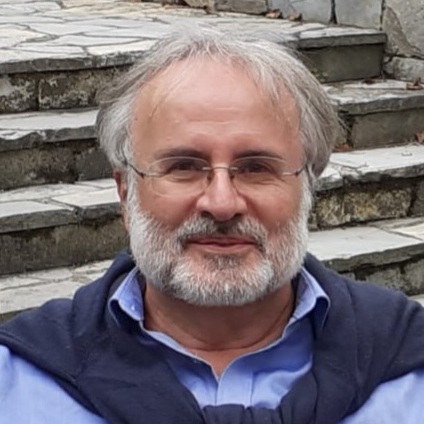

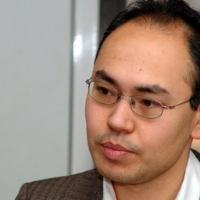
His main research and teaching fields are development economics, political economics, and economic history. His main research expertise concerns decentralized development aid (in particular, the economics and organization of the NGO sector), the role of traditional institutions in development, as well as the political economics of public health policies.
He has published in international journals such as Proceedings of the National Academy of Sciences of the USA, Journal of the European Economic Association, Economic Journal, Journal of Development Economics, Journal of Economic History, and Journal of Public Economics. He is a full member of the European Development Network (EUDN), associate member of Theoretical Research in Development Economics (ThReD) Network, and a founding member of the Nonprofits, Governments, Organizations (N.G.O.) Research Network.
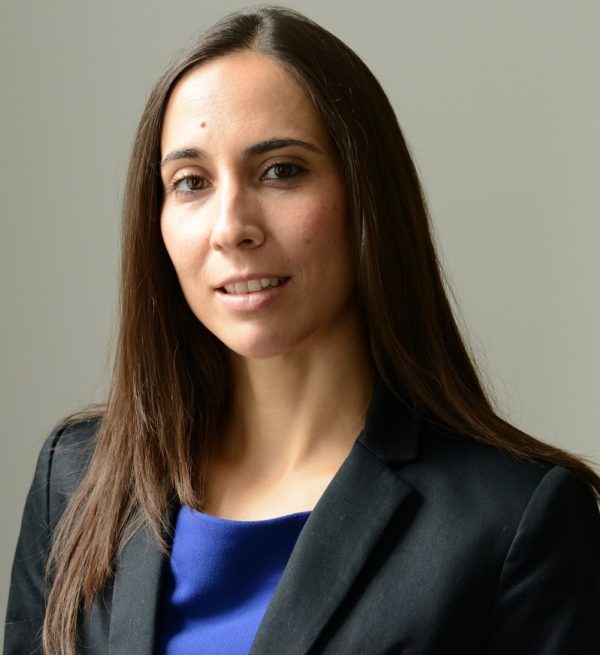
Sofia’s research focuses on empirical health economics and law & economics. More specifically, part of her research assesses how incentives might impact physicians’ behaviour. For instance, how malpractice pressure might impact types of treatments provided by physicians, or whether interactions between physicians and medical device industry might affect treatments. Another line of research assesses how technologies such as the internet might change the relationship between health care providers and patients. Currently, Sofia is also working on projects related to rare diseases.
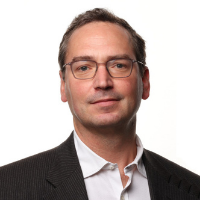
As a cardiologist, he further worked in clinical cardiovascular genetics, and run a medical activity centered on cardiovascular genetics within the Centre for Human Genetics of the Free University of Brussels (ULB, Brussels). Professor Antoine Bondue is the head of the Department of Cardiology of the Erasme Hospital in Brussels (ULB, Brussels). His main research interests are now focused on congenital heart disease, cardiovascular genetics and pulmonary hypertension. He is the current president of the Belgian Working Group on Adult Congenital Heart Disease (Belgian Society of Cardiology), and is a fellow of the European Society of Cardiology.
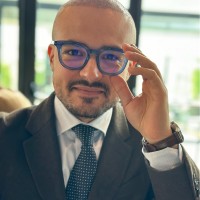
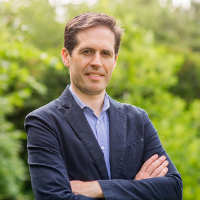
Prof Casado Arroyo areas of special interest are cardiac arrhythmias (atrial fibrillation, atrial flutter, atrial tachycardia, ventricular tachycardia, ventricular fibrillation, Brugada syndrome, Long QT); computer methods in cardiovascular image processing, computational knowledge discovery, artificial intelligence, intelligent data analysis, bio-signal processing, signal modelling, predictive models development, e-health and mobile applications, and communications within and between hospitals.
He obtained his PhD at the Vrije Universiteit Brussel under the supervision of Prof Pedro Brugada. He also holds a master in Health Economics, Policy and Management (London School of Economics) and he’s developing some research projects in the field of cardiovascular diseases and cost-effectiveness evaluation.
The innovative work of Prof Casado Arroyo’s multidisciplinary team has been focused on the design and selection of personalized cardiovascular treatments based on the analysis and characterization of each patient’s heart rhythm disturbance. The final objective is to improve cardiovascular outcomes and quality of life of patients.
He is a fellow of the European Society of Cardiology (ESC) and currently he is nucleus member of the ESC, secretary of the working group on e-cardiology.
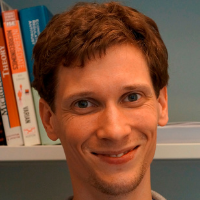
His main research involves applying revealed preference theory to various models of individual and joint decision making.
He has published around 30 papers in international journals, including American Economic Review, Review of Economics and Statistics, American Economic Journal: Microeconomics, Journal of Economic Theory, Journal of Mathematical Economics, International Economic Review, Economic Journal, Journal of Econometrics, European Economic Review, Journal of the European Economic Association, Journal of Development Economics, Mathematical Social Sciences, Operations Research and Theory and Decision.

Bruno has been Professor of Physiology and Clinical Pharmacology at the University of Namur, Belgium since 1996. He headed the Laboratory of Physiology and Pharmacology of that university for twenty years (1996-2016), focusing his research on the kidney interstitial matrix and especially hyaluronan, a long unbranched polymer involved in inflammatory conditions and cancer. Before that, he was Research Associate at the National Institutes of Health, Bethesda, MD, USA (1988-1992), and at the Belgian National Fund for Scientific Research (1992-1996).
Bruno also worked part-time for and at the European Medicines Agency, London, UK, for 12 years (2000-2012), representing Belgium in different committees including the Committee for Human Medicinal Products, and the Scientific Advice Working Party which he chaired for 6 years. In Belgium, he chaired the Committee for Reimbursement of Medicines for 3 years (2010-2012). Bruno is convinced the needs of researchers, industry, regulatory agencies, social security systems and patients can be fulfilled in parallel.
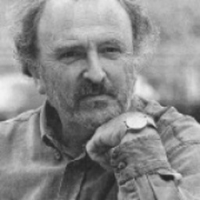
He is the author or coauthor of over 200 papers on topics in applied and theoretical economics, including industrial organization, general equilibrium analysis and the economics of scientific publishing. His more recent interests are the economics of languages, as well as art history and philosophy, and wine economics. He has published 60 papers on these topics, some of which appeared in American Economic Review, Journal of Political Economy, Games and Economic Behavior, Journal of Economic Perspectives, European Economic Review, Economic Journal, and the Journal of the European Economic Association.
He also has papers in the Journal of Development Economics, Journal of Mathematical Economics, Journal of Economic Theory, International Economic Review, Econometrica, Mathematical Programming, and Operations Research Letters, among others. He wrote and edited 15 books (among which The Structure of Applied General Equilibrium Models (MIT Press, 1997, with M. Keyzer) and How Many Languages Do We Need (Princeton University Press, 2011, with S. Weber).
He is coeditor of the two volumes of the Handbook of the Economics of Art and Culture (Elsevier-North Holland, 2006 and 2013, with D. Throsby) and of the Handbook of Economics and Language (Palgrave, 2016, with S. Weber).
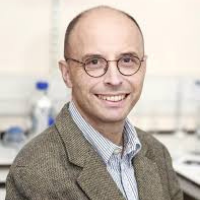
From 1991 to 2008 he was the Head of the Laboratory of Neuroimmunology, Istituto Mario Negri (Milano) and from 1998 to 2000 he was Research Associate at Stanford University School of Medicine, in the laboratory of the late Len Herzenberg. In 2008 he joined Brighton and Sussex Medical School as Chair in Experimental Medicine, and is now Director of Doctoral Studies.
Pietro is an immunologiest who worked extensively on inflammatory cytokines. His current interest is on the redox regulation of inflammation and the definition of biomarkers of oxidative stress.
Although his main interest is as a biochemical immunologist, Pietro is also teaching information literacy and health information quality to medical students. He published several studies where he analyzes the information on-line to study the public understanding of science and the ethical problems associated with the publication of health news.
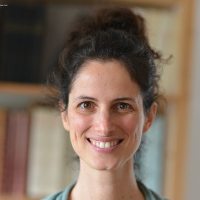
Her research fields are family economics, development and economic growth with a particular interest on the links between economics and the demography. She has published in international journals such as Canadian Journal of Economics, Journal of Development Economics, Journal of Demographic Economics and Journal of Population Economics.
An important contribution of hers is “Fertility and childlessness in the United States” (American Economic Review, 2015, with Thomas Baudin and David de la Croix) where she looks at the economic reasons of childlessness.
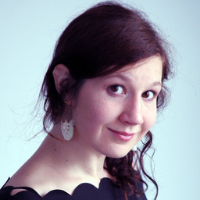
She obtained her Master degree in Biochemistry and Biotechnology at the Ghent University in 2010. She always had
a strong interest in skin biology, for which she moved to Denmark to complete her Master thesis at the Biotech
Research and Innovation Centre (University of Copenhagen). Afterwards, she successfully applied for a competitive
grant to pursue a doctoral degree at the Flemish Institute for Biotechnology. Her PhD shed light on the paradoxical
side effects of TNF-antagonists, and the impact of the gut in a topical skin model.
In 2015, she started working as a postdoctoral scientist in the group of Professor Jo Lambert at the Ghent University
Hospital, broadening her research to clinical and translational science. More precisely, she investigates candidate
biomarkers (clinical response to biologicals, comorbidities, therapeutic drug monitoring), the landscape of patient-
targeted educational interventions (supported by the European Academy of Dermatology Venereology) and is the
co-lead of a Belgian project to define ‘treat-to-target’ for psoriasis. In addition, she has written Dutch and English
patient leaflets on psoriasis, which have been published through the Flemish Psoriasis League and European
Academy of Dermatology Venereology.
Dermatology is clearly at the forefront of her scientific passions. She believes that the main challenges in
dermatology need to be tackled in a multidisciplinary approach; and thus requires multidisciplinary teams. Her goal
is to contribute to today’s and tomorrow’s excellence in dermatology. Dr Grine has (co-) authored and peer-
reviewed publications in several journals in the field of dermatology, clinic and molecular inflammation.
Furthermore, she is a member of the European Society for Dermatological Research, who selected her in the top 25
of the Future Leaders in Dermatology in 2018.

Michel Hanset also serves as coordinator of several long term care institutions and is a member of Farmaka, a non-profit organization dedicated to healthcare education.

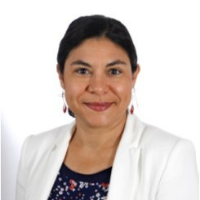
Driven by a keen interest in interdisciplinary, she joined the I³h senior fellowship program of the Institute for Interdisciplinary Innovation in healthcare. Her research interests involve health equity and, social and financial protection measurements. She endorses a multidimensional approach to analyze health financing for the development of sustainable health systems. Throughout her academic career, she authored several publications on health system and policy performance and collaborated internationally. For instance, removing user fees for a defined care package may fail at reaching the desired outcomes when not applied with system thinking.
Among others, three publications reflected on the effect of system complexity on health care. A publication in the Bulletin of the World Health Organization (2013) revealed high incidence of catastrophic health expenditure within a free-of-charge disease control strategy. A care pathway analysis study in Plos One (2014) highlighted the direct costs and critical stages to tackle for improved health. Likewise, collaborative practices and evidence informed policy opportunities for effective care coverage were explored in Frontiers Medicine (2017).
Access to health for all stands at the heart of her research, technical assistance, mentorship, training and teaching activities.
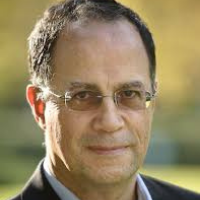
His research interests are in applied microeconomics, with an emphasis on contract theory, industrial organization and information economics. His current research benefits from the financial support of the ERC.
His work has been published in Econometrica, Quarterly Journal of Economics, American Economic Review, Review of Economic Studies, Journal of the European Economic Association, Review of Economics and Statistics, American Economic Journal: Macroeconomics, Journal of Law, Economics and Organization, Journal of International Economics, Journal of Economic Theory, Games and Economic Behavior, Rand Journal of Economics, International Journal of Industrial Organization and Journal of Industrial Economics, among others.
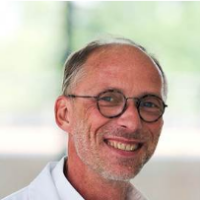
He is now president of the French Society of Transplantation. He also teaches bioethics and deontology and gives some lectures of immunology at the faculty of Medicine (ULB).
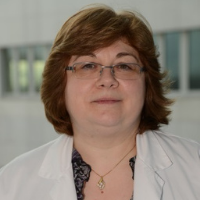
She is currently teaching pharmacology at the Faculty of Medicine, ULB, Brussels, Belgium. In this matter, she is involved in the implementation of patient partnership in teaching but also in clinical nephrology practice.
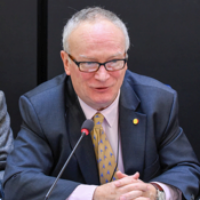
He is currently a member of the executive committee of the Belgian Brain Council. He was chairman (2002-1010) of the Biomedicine Domain of the international organisation COST, evaluator for the European Commission of FP7 Regpot (Regional potential) projects.
Furthermore, he is a member of EDAB (European Dana Alliance for the Brain) and sits on the board of the Bureau Europe Grand Est. in Brussels.

His research focuses on patent systems, the valuation of patents, and science and technology policies, and has been published in several international scientific journals, including Research Policy, Journal of Public Economics, Review of Economics and Statistics, and Industrial and Corporate Change. The research projects he works on are mostly applied and frequently inspired by his professional experience: papers on academic patenting and technology transfer offices by his chairmanship of the ULB’s Technology Transfer Committee (since 2004); papers on patent systems by his Chief Economist position at the European Patent Office in Munich (2005-2007); papers on the effectiveness of science and technology policies by his experience at the OECD Directorate for Science, Technology and Industry (DSTI) in Paris (1997-1999).
His work on international and interindustry R&D spillovers was ignited by his visiting research position at the Research Institute of the Ministry of External Trade and Industry Research Institute (METI/RI) in Tokyo in 1995. Bruno van Pottelsberghe held Visiting Professor/Researcher positions at Columbia University (NYC, 1996), Stellenbosch University (Cape Town, 2003), Hitotsubashi University (Tokyo, 2003). He was Dean of SBS-EM (April 2011 – September 2017) and, in this capacity, initiated and chairs the QTEM Master network (Quantitative Techniques for Economics and Management), a global network of universities focusing on such analytical techniques.
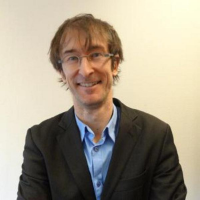
Philip specialized in the economic causes and consequences of conflict at the micro-level. He has done quantitative work on the death toll of the genocide and on the demography of post genocide Rwanda. In 2004 he received the Jacques Rozenberg Award from the Auschwitz Foundation for his dissertation. He spent 1,5 years at Yale University, first during his PhD as a Fellow of the Belgian-American Educational Foundation and then as a post-doc with a Fulbright-Hays Scholarship. He is the co-founder and co-director of the Households in Conflict Network (www.hicn.org). Philip joined ULB in 2010 as the holder of the Marie and Alain Philippson Chair in Sustainable Human Development at the Solvay Brussels School of Economics and Management.
He is engaged in longitudinal studies of health, schooling and nutrition as well as impact evaluation in developing countries. His work has been published in the American Economic Review, the Journal of Human Resources, Economic Development and Cultural Change, the Journal of Development Economics, among others.
